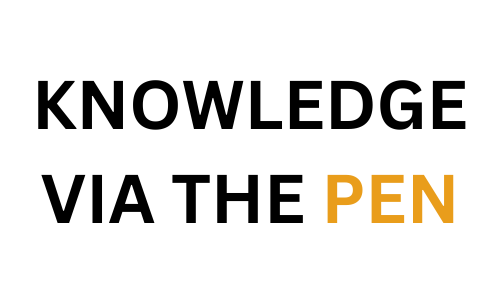بسم الله الرحمن الرحيم
I wish to share short lessons from each Sūrah إن شاء الله. I pray they are of benefit to all.
Lessons from Sūratul Baqarah
- It is sometimes better not to ask too many questions when instructed to do something. The Jews did this and ended up in trouble.
- Be grateful for what you have.
- Don’t do anything that resembles the disbelievers, or will lead them to take your actions as legislation to attack the Dīn.
- Whatever good you send forth for the Hereafter, you will find it there safe and appreciated by Allāh.
- You shall never be able to truly please the disbelievers unless you join them in their religion.
- The relationship between Allāh and the Prophet صلى الله عليه وسلمwas just amazing.
- Ṣabr (Patience) has great virtue: Allāh showers the patient with mercy and guidance.
- Eat ḥalāl
- Constantly ponder over the creation of Allāh and His blessings, and remember Him.
- There are constant severe warnings for disbelief in the Qur’ān.
- The status of Shuhadā (martyrs) is indeed great
- Each person should make a will.
- The aim of fasting is to create taqwā (the consciousness of Allāh) in the hearts of the believers.
- Enter into Islām in its totality; don’t pick and choose from the Dīn.
- Allāh is ever ready to accept the du‘ās of His servants.
- There are times when we say we are ready to do a certain thing, but when that becomes binding on us we back out. This is reprehensible behaviour. We should keep to our word.
- The Help of Allāh will come, albeit sometimes belatedly.
- Allāh does as He wishes; He is not accountable for His actions.
- There are great virtues for spending in the way of Allāh. However, one should be wary of not taunting the favoured by mentioning his indebtedness, or causing them inconvenience.
- Refrain from asking people for your needs; remain independent from the people, as special praise has been reserved for those who do, despite being in need.
- Stay away from interest, as Allāh declares war on those who deal in interest.
- Loan dealings should be conducted with complete clarity; preferably in writing in the presence of witnesses.
- Allāh does not make obligatory upon us those things which we are incapable of carrying out.
- Regularly make the du‘ā, especially during the days of Ḥajj:
رَبَّنَا آتِنَا فِي الدُّنْيَا حَسَنَةً وَّفِي الْآخِرَةِ حَسَنَةً وَقِنَا عَذَابَ النَّارِ

Leave a Reply